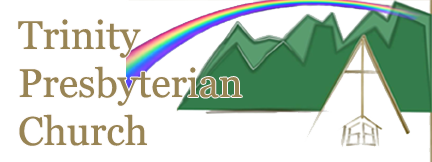Reciprocal Living
I’ve been having a conversation with the natural world lately. Well, not a conversation like you and I might have. I mean I’ve been paying attention to what nature seems to be telling me (us) and responding as one who respects what has been imparted. In particular, I’ve been communing with the thistle berry bushes in my backyard. We have become good friends.
In her book “Braiding Sweetgrass” Robin Wall Kimmerer writes about how nature needs us and much as we need it. Not only does she advise us to live with reciprocity and grace with the natural world and each other, but she highlights all the ways nature is trying to “talk” with us; letting us know it needs and when it is good and proper for us to receive its gifts. In Genesis we are taught that God gave us the creation “to till and to keep” (2:15). This is the counter to the earlier creation story of Genesis 1, where God tells humanity to “fill the earth and subdue it, and have dominion over…,” (v. 28).
Unfortunately, it seems that most people only read the first story of creation for advice on how we should treat the natural world. We have acted as if it were ours to do as we like and to discard what has not served our needs. Most of us are realizing that this cannot be sustained and are trying to change our ways.
Kimmerer suggests the best way to go about changing our approach to nature is to both listen and to respond to it. When nature provides for us, whether from our backyard garden or the grocery store, it would be good to say express some gratitude. This may seem silly to thank the plant or tree at first, but you will soon find it becomes second nature rather quickly.
Of course, I also thank the Creator of us all, plants and animals (us included), as well as the earth, air and water too. God made us all to live reciprocally with one another. I think if we give that a try we will find it works rather well.
